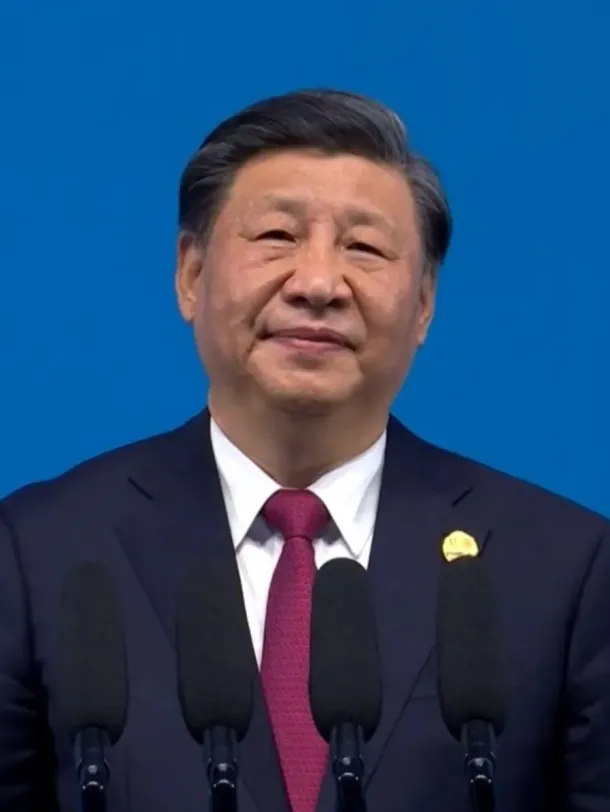Queer “Comrades” Pushed to Rebrand

This month, Singapore-based digital news outlet Initium Media (端傳媒) published a detailed report on the rapidly diminishing landscape for LGBTQ+ social media accounts in China. The report highlights how Chinese platforms are tightening their grip on content from sexual minority communities, employing both overt censorship and more covert algorithmic methods of suppression.
In one of the clearest recent cases of suppression of social media accounts, the well-established LGBTQ+ account “Comrade Voice” (同志之聲) was pressed to rebrand as “Pride Waves” (驕傲聲浪) in April this year after a public uproar alleging that the platform’s use of “comrade” was offensive to the country’s national identity as a communist state. The word “comrade,” or tongzhi (同志), has been used within the LGBTQ+ community in Taiwan, Hong Kong and China since the 1990s. The uproar over “Comrade Voice,” which has nearly two million followers on Weibo, began when scriptwriter Wang Hailin (汪海林) made offensive remarks about gay men. After the account protested, Fudan University professor Shen Yi (沈逸) led critics who claimed this polluted Communist terminology. Facing the demand that it rename itself “Homosexual Voice” (同性戀之聲), the account opted for “Pride Waves” instead.
According to Initium‘s report, authorities have recently employed accusations of “foreign influence” (境外操控) as a powerful tool to restrict LGBTQ+ advocacy, though there is no credible evidence for such claims. Facing the generalized pressure caused by such claims, several organizations have renamed themselves, altered their content, or ceased operations entirely. Some have also chosen to defend themselves by signaling compliance. Amid claims of foreign influence, “Comrade Voice” founder Hua Zile (花子樂) defended the account, stressing that it had never sought or received foreign funding. At the same time, however, Hua affirmed support for the CCP and socialist ideals.
















